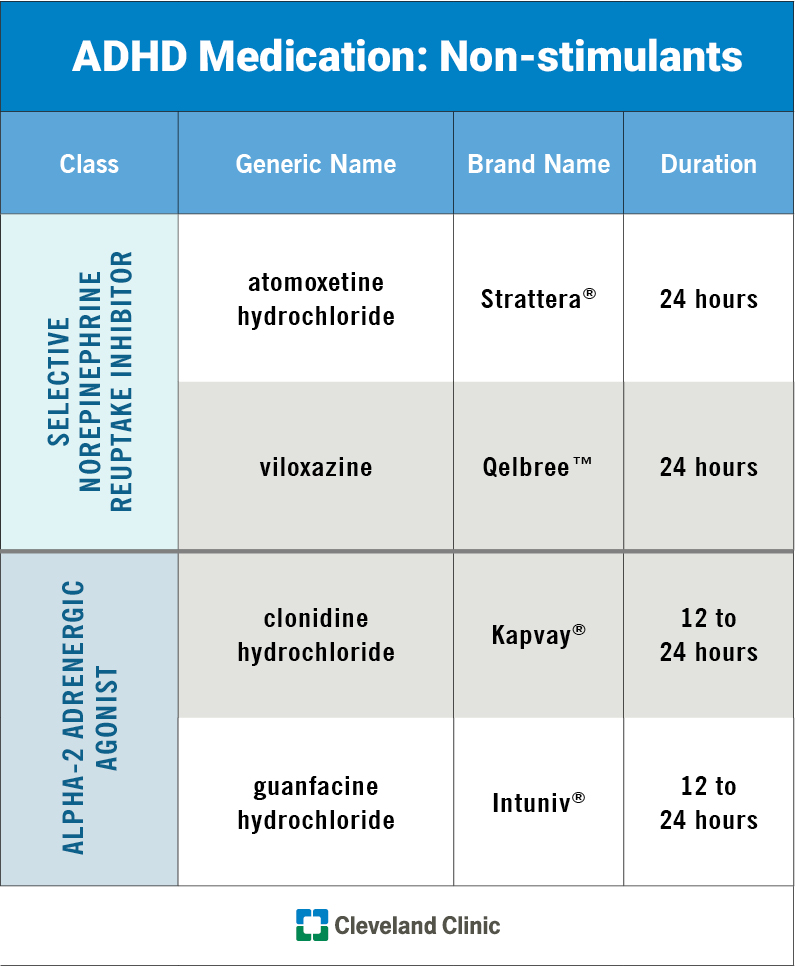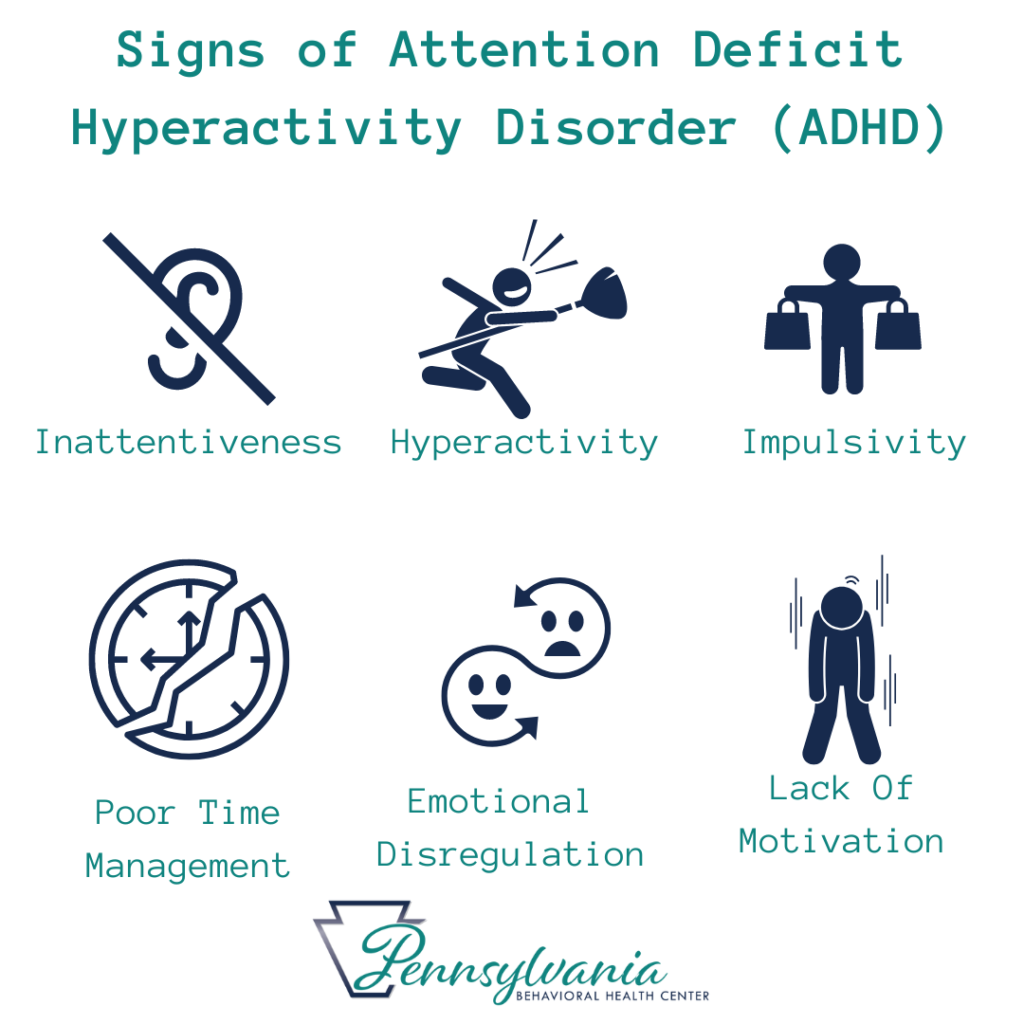Mental Health Services Focused on Complete Support
Wiki Article
The Advantages of Individualized ADHD Therapy Strategies for Better Results
The implementation of customized ADHD therapy strategies has actually emerged as a crucial strategy in improving therapeutic results for individuals affected by this problem. By recognizing the one-of-a-kind symptoms of ADHD in each individual, these tailored interventions advertise better engagement and motivation, ultimately leading to more effective coping techniques. This customized approach not only addresses scholastic and work-related difficulties however additionally cultivates enhanced social connections and general quality of life. Nonetheless, real level of these benefits elevates essential questions concerning the certain components that add to long-lasting success and exactly how they can be maximized for diverse populations.Comprehending ADHD Variability
Although Attention-Deficit/Hyperactivity Problem (ADHD) is usually regarded as a singular problem, its manifestations can vary considerably amongst individuals. Gender distinctions also play a duty, as men are much more regularly detected with ADHD and typically present a lot more obvious signs, whereas women may present with much less obvious inattentiveness.In addition, people with ADHD might experience a range of psychological and behavior difficulties, such as stress and anxiety or opposite defiance, that can make complex medical diagnosis and treatment. The communication of these variables can bring about varied experiences of ADHD, demanding a nuanced understanding of the disorder. It is additionally worth keeping in mind that ADHD can present differently across numerous social contexts, influencing how signs are acknowledged and attended to. This understanding underscores the relevance of identifying ADHD as a complex problem, which calls for personalized strategies to treatment that consider the special requirements and experiences of each individual.
Key Components of Personalization
Individualized ADHD treatment plans are based in several essential parts that make certain reliable administration of the condition. Initially, a detailed assessment is important, involving standardized rating ranges, interviews, and behavioral monitorings. This complete assessment enables clinicians to comprehend the person's special symptoms, strengths, and difficulties.2nd, the participation of several stakeholders, consisting of parents, teachers, and the person, adds to an all natural sight of the individual's requirements. Partnership fosters a supportive setting that can adjust to the individual's context and way of living.
Third, therapy plans ought to be versatile and versatile, permitting modifications based on ongoing responses and the person's evolving demands. This flexibility makes it possible for the integration of numerous restorative strategies, such as behavioral interventions, psychoeducation, and drug administration.
In addition, cultural and contextual factors should be taken into consideration. Recognizing the individual's background, values, and choices makes sure that the treatment matters and considerate.
Finally, routine follow-ups and assessments are necessary to keep an eye on progress and make needed adjustments. By focusing on these crucial components, individualized ADHD therapy strategies can significantly enhance the efficiency of interventions, resulting in enhanced end results for people with ADHD.
Improved Interaction and Inspiration
To successfully advertise enhanced engagement and motivation in individuals with ADHD, it is vital to incorporate methods that resonate with their passions and staminas. Customized therapy strategies that straighten with an individual's interests can lead to increased involvement in restorative activities, fostering a feeling of ownership and interest for the procedure.Making use of interactive and innovative approaches can also dramatically boost inspiration. As an example, including gamification aspects or real-world applications of abilities can make jobs more appealing and relevant. This not just captures interest however additionally strengthens discovering via satisfying experiences.
Moreover, setting attainable and meaningful goals tailored to the person can this website bolster inspiration. When people see their progression towards directly substantial purposes, they are more likely to continue to be involved. Normal comments and acknowledgment of success can further endure motivation, developing a positive responses loophole that motivates continued initiative.
Lastly, cultivating a supportive setting where individuals feel understood and valued can dramatically affect their engagement levels. When treatment plans are established collaboratively, including input from the individual, they are more probable to really feel spent in their journey, inevitably leading to boosted outcomes in managing ADHD.
Improved Coping Methods
Creating enhanced dealing strategies is critical for individuals with ADHD, as it furnishes them with effective tools to navigate day-to-day obstacles. A customized therapy strategy permits for the identification of specific coping systems customized to the person's unique demands and scenarios - ADHD treatment. Techniques such as mindfulness, time monitoring skills, and business techniques can be incorporated into day-to-day routines, cultivating a feeling of control and reducing stress and anxietyMindfulness techniques, consisting of meditation and deep-breathing exercises, aid people with ADHD concentrate their attention and manage their feelings. Time administration strategies, such as making use of timers or damaging tasks into smaller sized, convenient actions, can alleviate feelings of bewilder. In addition, organizational tools like coordinators and lists can enhance effectiveness and liability.
Lasting Positive End Results
Executing tailored ADHD therapy plans can bring about significant long-term positive results for individuals. These customized strategies, which take into consideration unique symptoms, preferences, and life conditions, help with much more effective management of ADHD symptoms over time. By focusing on the certain needs visit of the person, these strategies improve adherence to therapy procedures and foster greater involvement in restorative tasks.
In addition, personalized therapy strategies can considerably lower the risk of comorbid conditions, such as stress and anxiety and anxiety, which are typically related to ADHD. Early intervention and constant assistance aid individuals build durability and coping strategies, promoting total psychological health.
Ultimately, the lasting positive results of customized ADHD treatment plans not just boost the quality of life for people however additionally add to their general health and success in numerous life domains. This all natural strategy highlights the relevance of individualized care in handling ADHD efficiently.
Conclusion

Report this wiki page